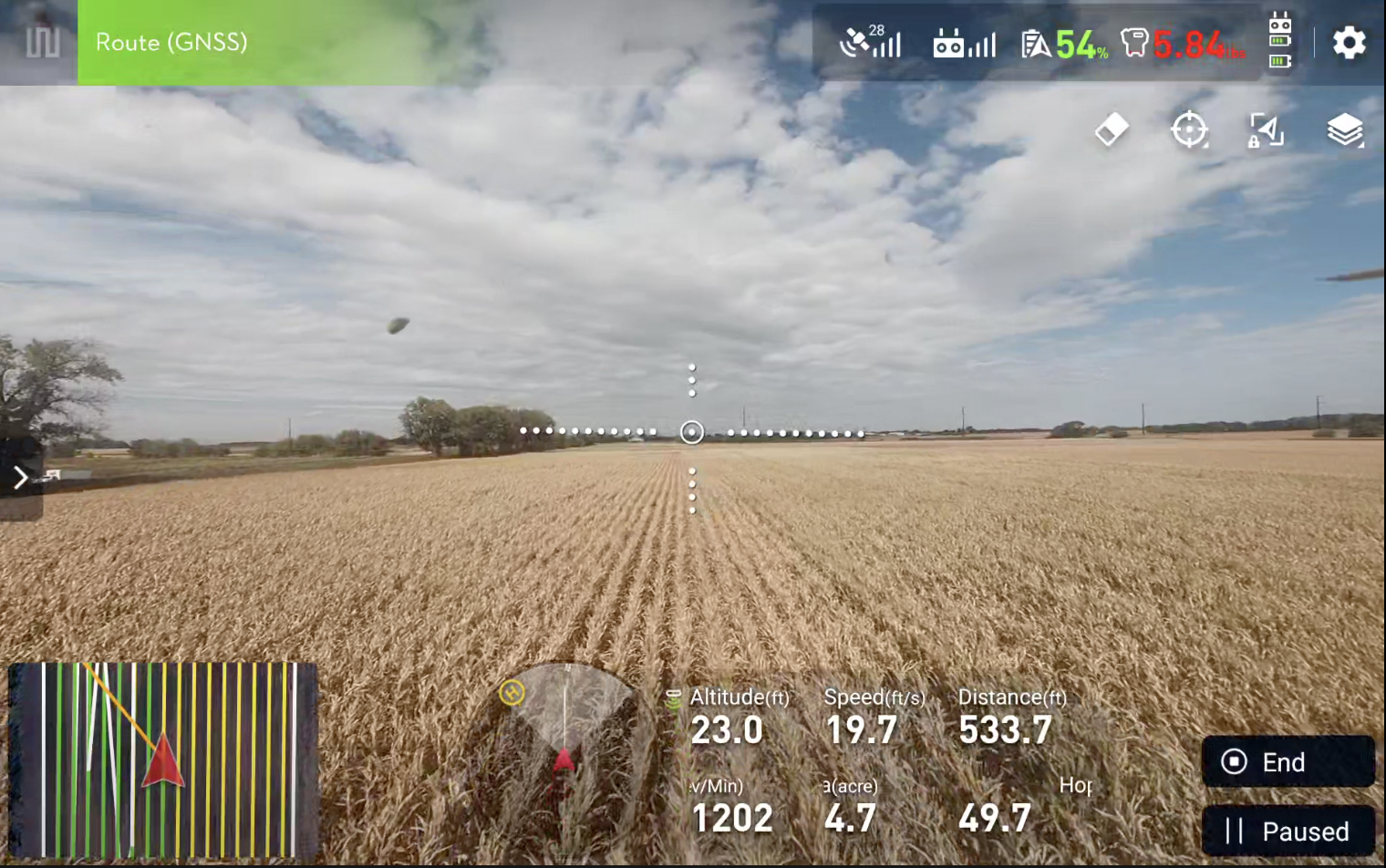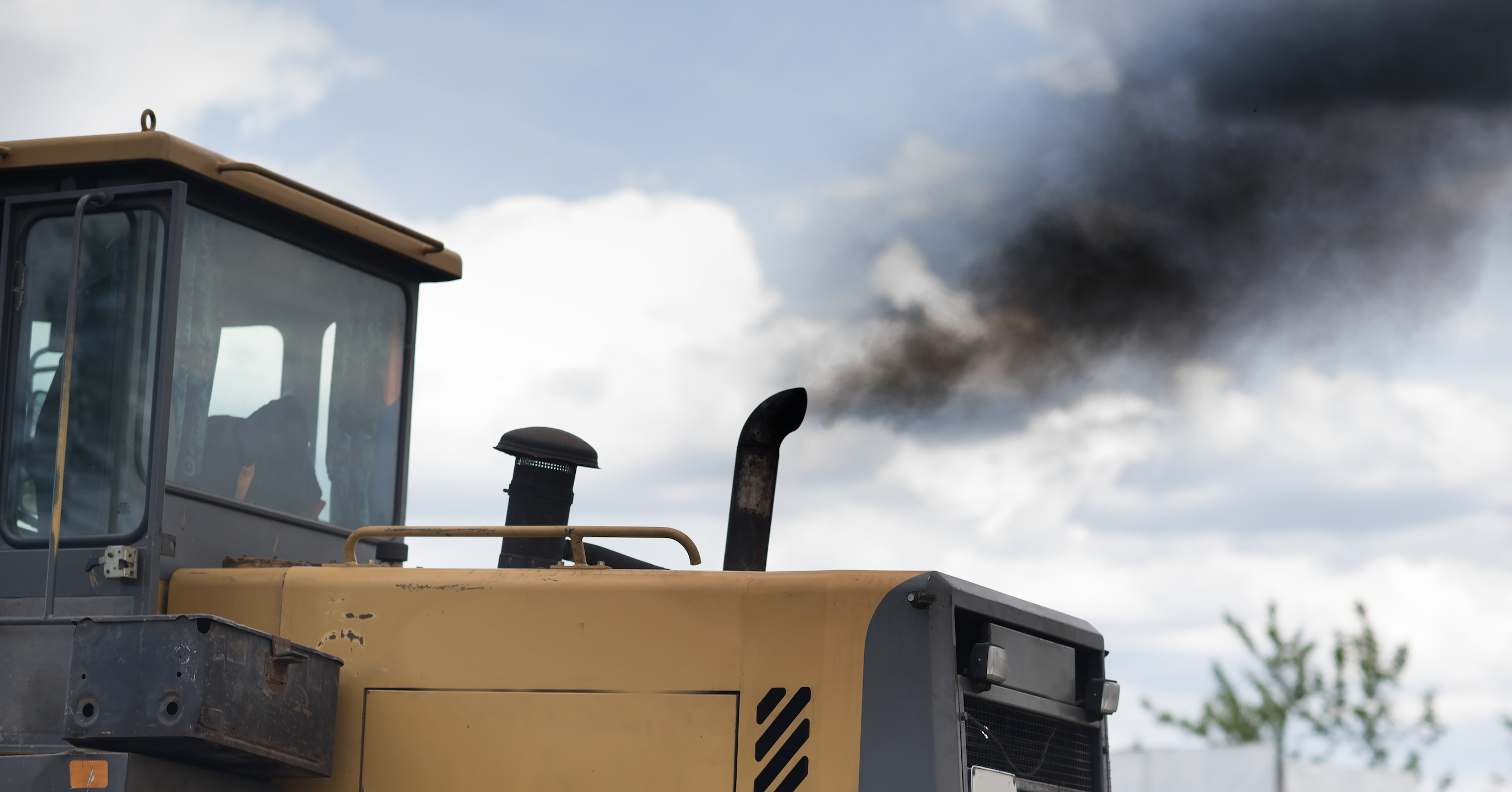

Introduction: In the ever-evolving landscape of agriculture, sustainability is taking center stage. A key player in this shift towards eco-friendly practices is the innovative use of drone spraying. This blog explores the profound impact of drone spraying on carbon emissions, shedding light on the environmental benefits that arise from steering away from traditional, fuel-intensive farm practices.
The Carbon Quandary: Traditional Farm Tractors: Farm tractors, while indispensable in traditional agriculture, come with a significant environmental cost. These heavy-duty machines rely heavily on fossil fuels, contributing a substantial share to carbon emissions. The fuel consumption and emissions generated during plowing, seeding, and spraying operations have long been a concern for environmentally conscious farmers seeking greener alternatives.
Enter Drone Spraying: A Paradigm Shift in Agriculture: Drone spraying represents a transformative solution that addresses the carbon emissions predicament associated with traditional farming practices. These agile unmanned aerial vehicles operate with unparalleled efficiency, revolutionizing the way farmers manage their fields. The key lies in their ability to significantly reduce the carbon footprint attributed to the fuel-intensive operations of conventional tractors.
Fuel Efficiency: A Game-Changer for Carbon Emissions: The lightweight design of drones translates into impressive fuel efficiency compared to their larger counterparts. While traditional tractors guzzle fuel during extensive field operations, drones zip through the skies, covering large areas with minimal energy consumption. The reduction in fuel usage directly translates to a noteworthy decrease in carbon emissions, paving the way for a more sustainable and environmentally friendly approach to agriculture.
Precision Agriculture: Minimizing Chemical Footprint: Beyond the fuel efficiency gains, drone spraying introduces precision agriculture to the forefront. By precisely targeting areas that require treatment, drones minimize the need for excessive pesticide or fertilizer application. This precision not only optimizes resource utilization but also reduces the overall environmental impact associated with chemical usage, aligning with the principles of sustainable farming.
Quantifying the Impact: The shift from traditional tractors to drone spraying can result in a significant reduction in carbon emissions on the farm. Studies estimate that a single traditional tractor can emit several tons of carbon dioxide annually, emphasizing the urgency for a more sustainable alternative. By embracing drone spraying, farmers can substantially contribute to lowering carbon emissions while maintaining efficient and effective crop management practices.
Conclusion: As the agricultural landscape transforms, the adoption of drone spraying emerges as a beacon of hope for sustainable farming practices. The reduction in carbon emissions, coupled with the precision and efficiency offered by drones, marks a paradigm shift in the way we approach agriculture. Drone Spraying Reduces Carbon Emissions. Its as simple as that. It encapsulates a powerful narrative of progress, resilience, and a commitment to a greener future for our fields and our planet.

AgFly provides aerial Agriculture solutions where traditional methods are not possible and in areas where aerial applications increase efficiency and/or yields.
© 2026 All Rights Reserved.